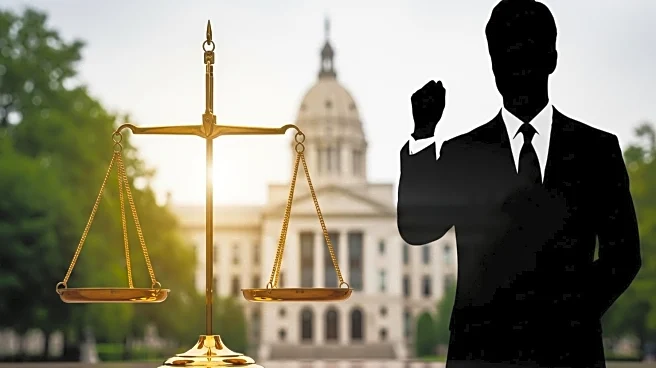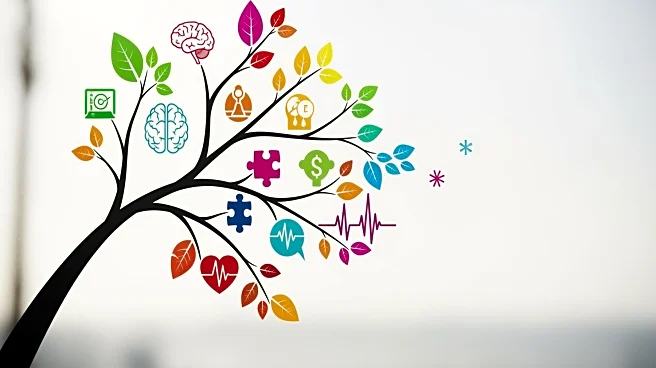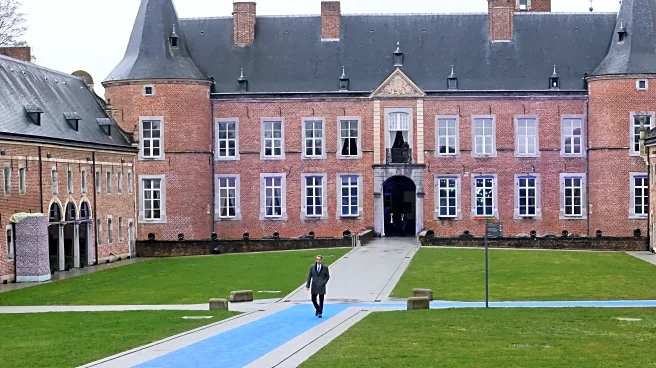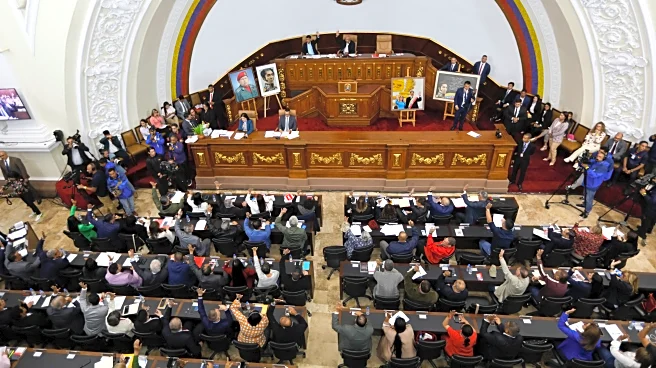What's Happening?
President Trump announced that his administration is close to finalizing a multimillion-dollar agreement with Harvard University, potentially ending a prolonged standoff over federal funding. The dispute arose after the Trump administration cut off grants to Harvard, citing violations of federal civil rights laws. The proposed settlement involves Harvard paying $500 million, although details are still being finalized. The situation has sparked significant controversy, with critics arguing that Harvard's compliance would undermine its values and reputation. The administration's actions have been challenged legally, with a judge ruling that the funding freeze was unlawful.
Why It's Important?
The potential settlement between Harvard and the Trump administration is significant as it highlights ongoing tensions between higher education institutions and federal government policies. The resolution of this dispute could set a precedent for how universities navigate federal funding and political pressures. If Harvard agrees to the settlement, it may face backlash from donors and stakeholders who oppose the administration's approach. The case also underscores broader debates about academic freedom and the role of government in shaping educational priorities.
What's Next?
If the settlement is finalized, Harvard may need to address reputational concerns and manage donor relations. The administration's focus on reshaping higher education could lead to further policy changes affecting universities nationwide. Legal challenges may continue, as stakeholders seek to protect academic freedom and institutional autonomy. The outcome of this case could influence future interactions between educational institutions and government authorities.
Beyond the Headlines
The ethical implications of the settlement are profound, as it raises questions about the balance between compliance and resistance to government mandates. Harvard's decision could impact its standing in the academic community and influence other institutions facing similar pressures. The case also highlights the intersection of politics and education, with potential long-term effects on policy and governance.













